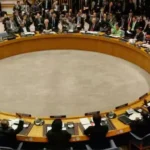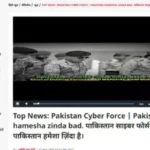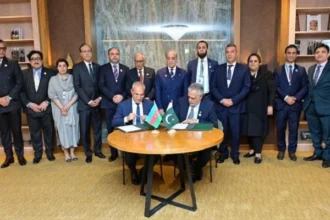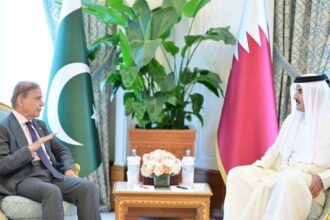ISLAMABAD / NEW YORK – June 5, 2025:
Pakistan has formally proposed the establishment of a permanent joint investigative forum with India to probe incidents of cross-border terrorism, including the recent Pahalgam attack in Indian-administered Kashmir that claimed 26 lives, mostly tourists.
Speaking during an official visit to the United Nations headquarters in New York, former Foreign Minister Bilawal Bhutto-Zardari urged India to move past political rhetoric and work with Pakistan to jointly combat terrorism, which he described as a shared regional threat.
> “We must not allow non-state actors to hijack peace between our nations. A neutral, joint mechanism is the need of the hour,” said Bilawal, who is leading a high-level parliamentary delegation.
The proposal comes days after India blamed Pakistan-based militants for orchestrating the Pahalgam attack. Pakistan, while condemning the violence, denied involvement and stressed the need for impartial, fact-based investigations.
India Rejects Proposal
In response, Indian authorities rejected the offer, accusing Pakistan of using dialogue as a diversionary tactic. Indian Defence Minister Rajnath Singh reiterated that any future talks with Pakistan would focus only on two issues: terrorism and the return of Pakistan-Occupied Kashmir (POK).
> “There is no question of joint probes. India will not tolerate any interference from a country that harbors terror networks,” he said.
The diplomatic exchange comes in the aftermath of intense military skirmishes in May, involving fighter jets, drones, and artillery fire along the Line of Control (LoC). A U.S.-brokered ceasefire brought temporary calm, but tensions remain high.
Regional and Global Implications
Analysts believe that while Pakistan’s gesture could be a diplomatic olive branch, trust deficits and hardline positions on both sides may limit progress. International actors, including the United Nations and the United States, have called on both countries to prioritize peace and communication over confrontation.
> “Without sustained dialogue, the risk of escalation remains dangerously high,” said a UN spokesperson in New York.
The situation continues to evolve, as both nuclear-armed neighbors weigh their next steps amid growing international scrutiny and pressure for de-escalation.














